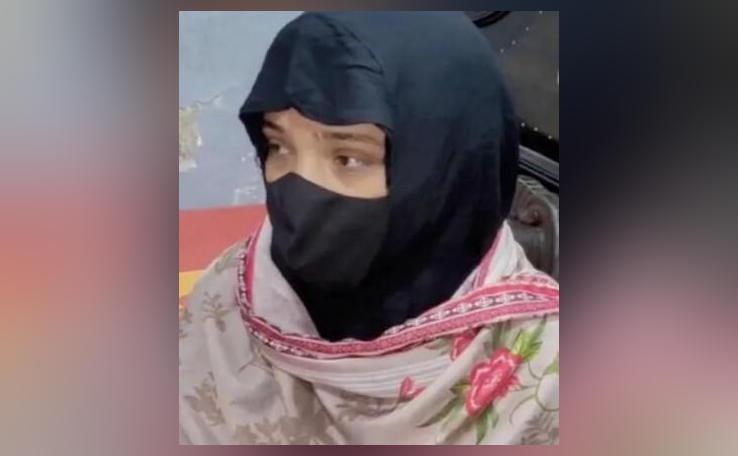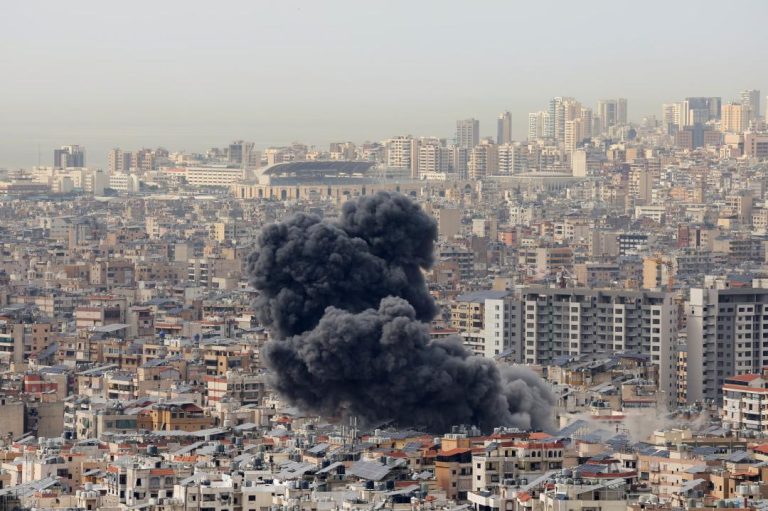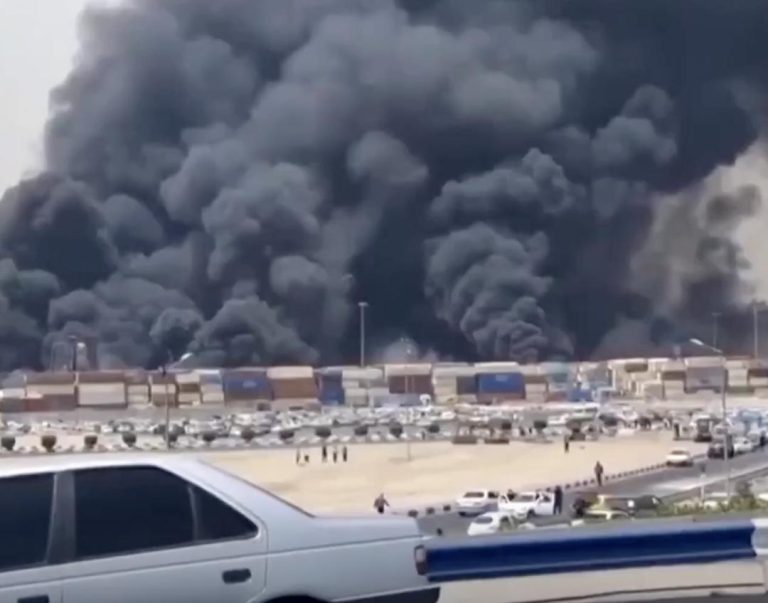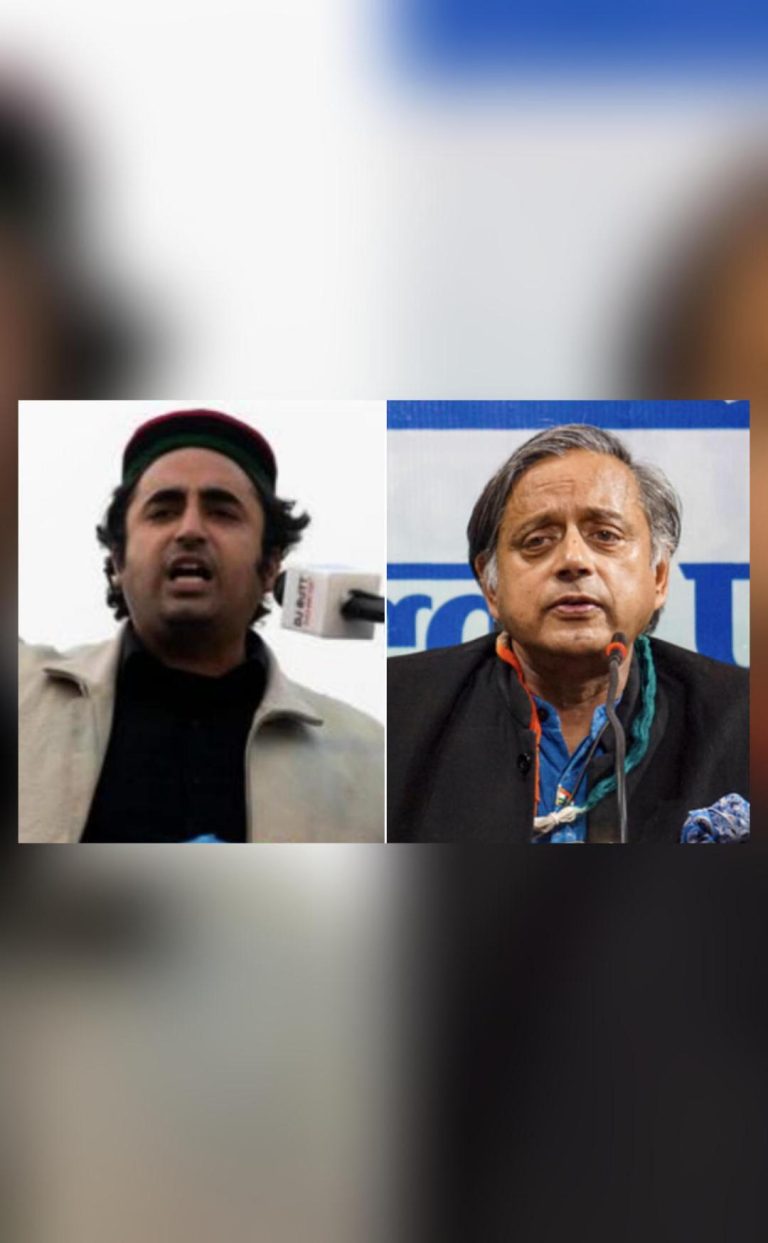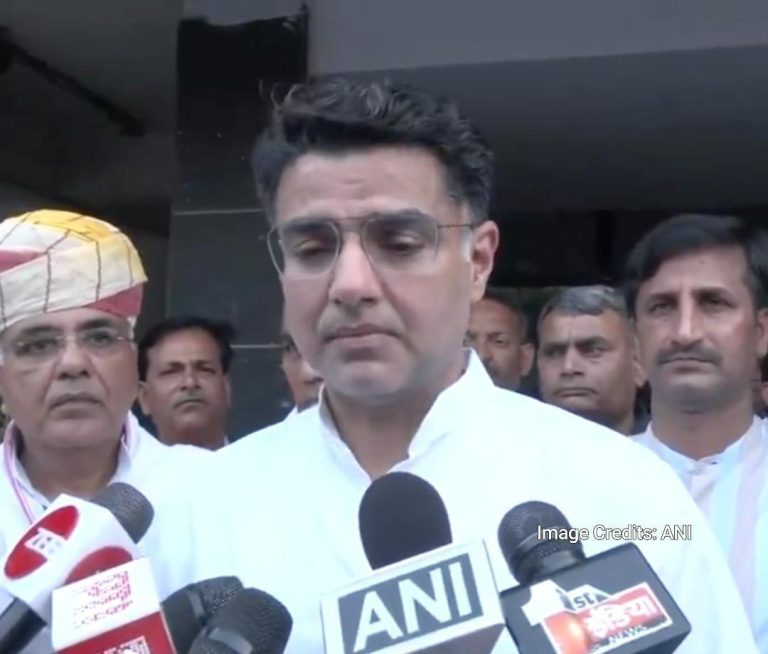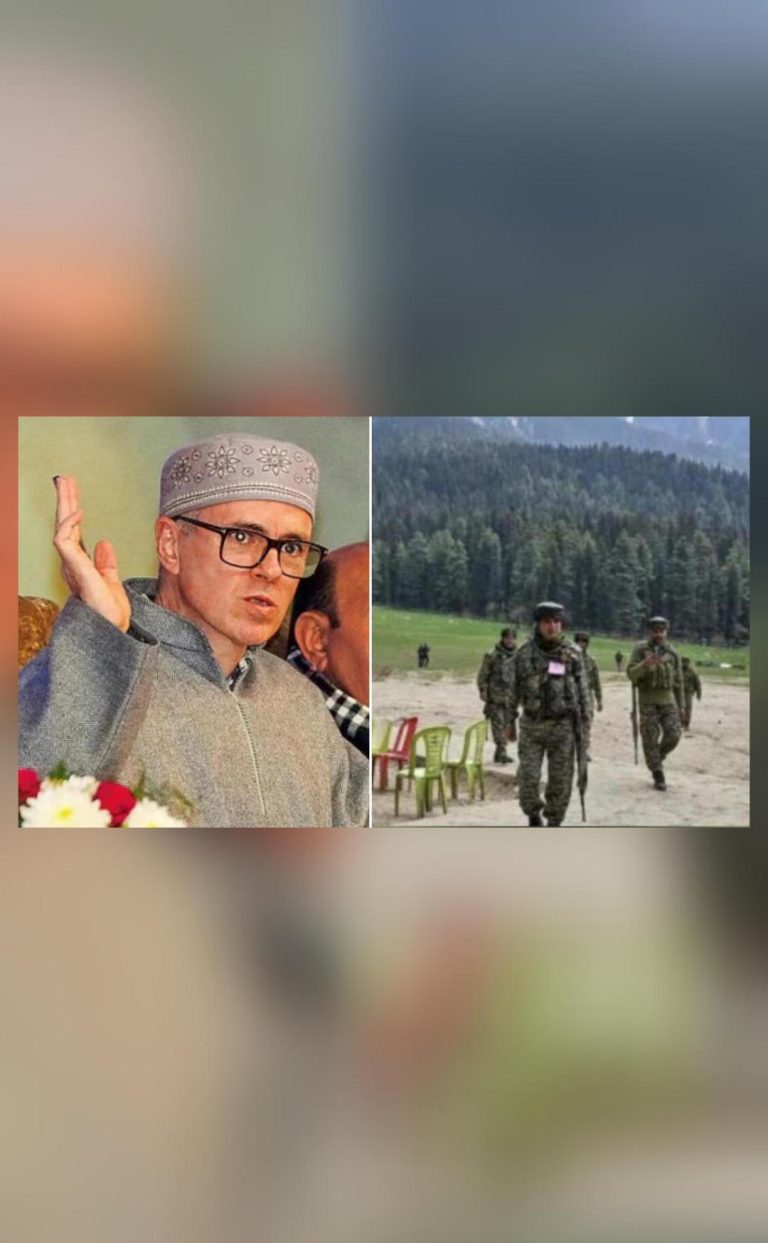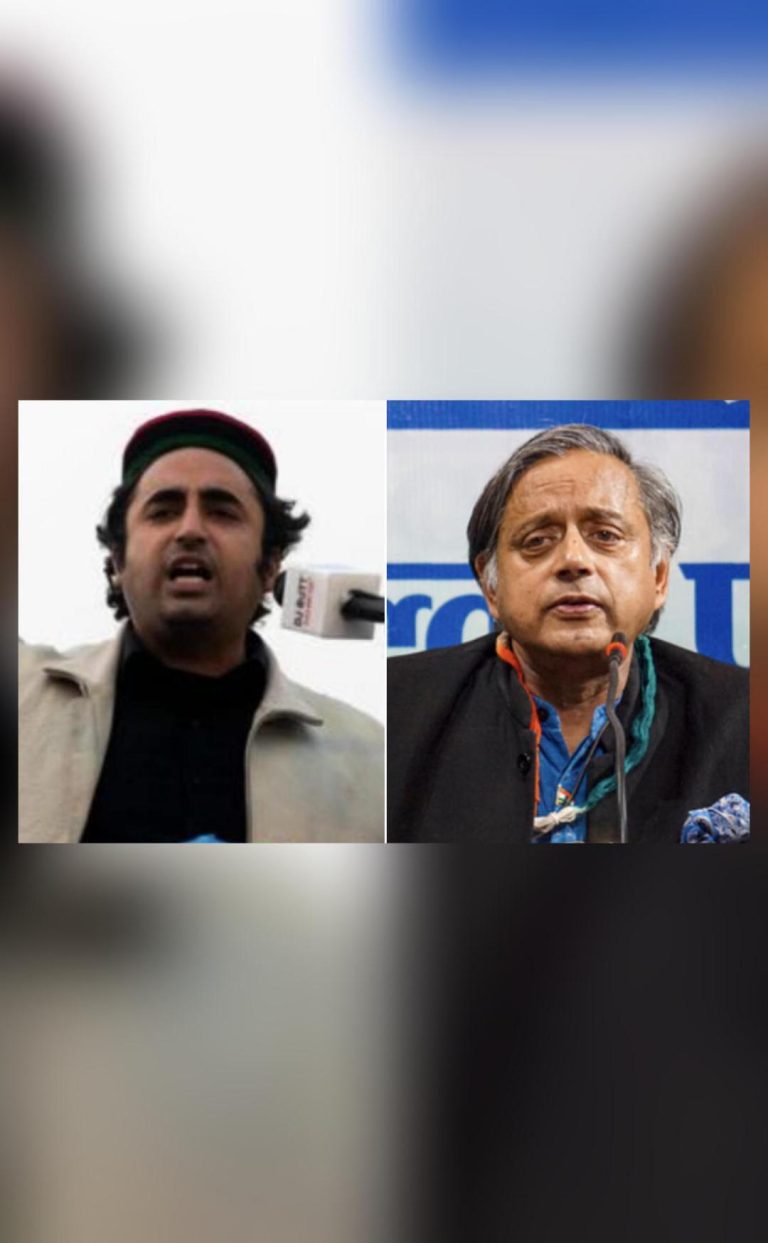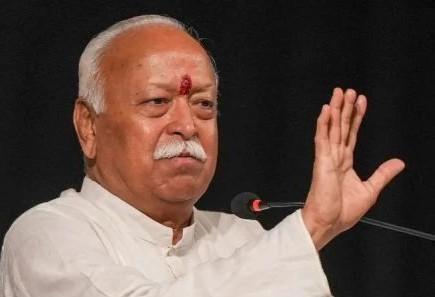
If someone turns to evil then we’ll teach lesson: Bhagwat on J&K attack
In the aftermath of the recent terror attack in Pahalgam, Jammu and Kashmir, RSS chief Mohan Bhagwat has reiterated the importance of non-violence as a fundamental aspect of Indian culture. However, he also emphasized that in cases where individuals or groups turn to evil, it is the duty of the government to teach them a lesson.
Bhagwat’s statement comes at a time when the nation is grappling with the devastating impact of terrorism and violence in the Valley. The recent attack in Pahalgam, which resulted in the loss of several innocent lives, has sparked widespread outrage and condemnation.
In an interview with a leading news channel, Bhagwat highlighted the importance of non-violence as a core value of Indian society. “Non-violence is our religion,” he emphasized. “We never harm or disrespect our neighbours, and we believe in resolving conflicts through peaceful means.”
However, Bhagwat also emphasized that in cases where individuals or groups engage in violent or harmful behavior, it is the duty of the government to take action. “If someone is bent on being evil, what is the cure?” he asked. “The king’s duty is to protect the people, and he will do his duty.”
Bhagwat’s statement has sparked a lively debate about the need for a balanced approach to tackling terrorism and violence. On one hand, many have praised his emphasis on the importance of non-violence and the need to resolve conflicts through peaceful means. On the other hand, some have criticized his suggestion that the government should teach a lesson to those who engage in evil behavior.
One of the key challenges facing the government in tackling terrorism and violence in Jammu and Kashmir is the complex political and social landscape of the region. The region has a long history of conflict and violence, and many individuals and groups have been involved in armed struggles for various reasons.
In recent years, the region has seen an uptick in terrorist attacks, including bombings and shootings. These attacks have resulted in the loss of many innocent lives and have caused widespread fear and anxiety.
The government has responded to these attacks with a range of measures, including increased security deployments, intelligence gathering, and counter-terrorism operations. However, these efforts have been criticized by some as being inadequate and ineffective.
Bhagwat’s statement suggests that the RSS is willing to support the government’s efforts to tackle terrorism and violence in Jammu and Kashmir, but also emphasizes the need for a balanced approach that takes into account the complex political and social dynamics of the region.
One of the key challenges facing the government in tackling terrorism and violence in Jammu and Kashmir is the need to address the underlying political and social grievances of the region. Many individuals and groups in the region have felt marginalized and excluded from the political process, and have turned to violence as a means of expressing their grievances.
To effectively address these grievances, the government will need to take a range of measures, including increasing transparency and accountability in governance, addressing issues of inequality and discrimination, and promoting dialogue and reconciliation between different communities.
In addition to these measures, the government will also need to work to build trust and confidence with the people of Jammu and Kashmir. This will require a sustained and focused effort to address the root causes of terrorism and violence, rather than simply relying on military force or other forms of coercion.
Bhagwat’s statement also highlights the importance of the role of civil society in promoting peace and stability in Jammu and Kashmir. Civil society organizations and individuals have played a crucial role in promoting dialogue and reconciliation between different communities, and in advocating for human rights and democracy.
In conclusion, Bhagwat’s statement on the Jammu and Kashmir attack highlights the importance of a balanced approach to tackling terrorism and violence. While non-violence is an essential value of Indian culture, the government also has a duty to protect its citizens and to take action against those who engage in evil behavior.
To effectively address the challenges facing Jammu and Kashmir, the government will need to take a range of measures, including addressing the underlying political and social grievances of the region, building trust and confidence with the people, and promoting dialogue and reconciliation between different communities.
Ultimately, the key to promoting peace and stability in Jammu and Kashmir lies in building a more just and equitable society, where all individuals and communities feel valued and respected.
Source: https://youtu.be/SpAKVWl5wII
